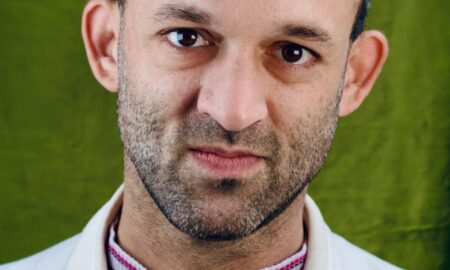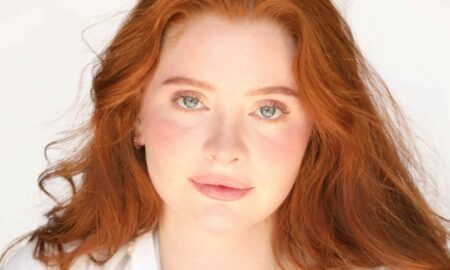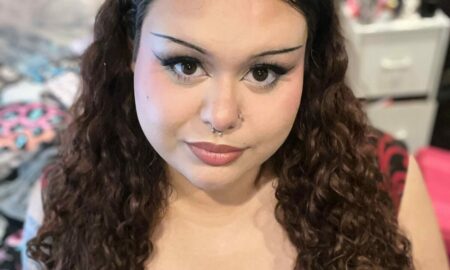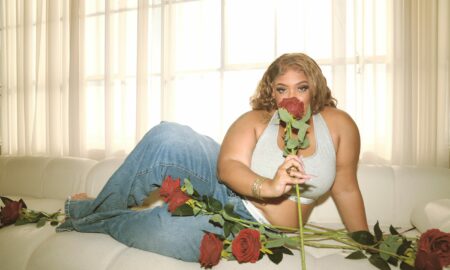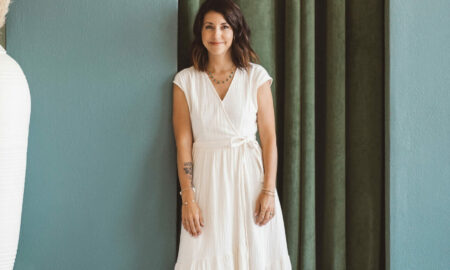

Today we’d like to introduce you to Robin Lyu.
Hi Robin, so excited to have you with us today. What can you tell us about your story?
I dedicate myself as a film editor, an observer, and the person who stays behind the camera. Although I didn’t think of being a filmmaker in my teenage time, I liked filming random stuff with a camera I borrowed from my friend and edited them together with no specific purpose in mind. Why? Maybe because of my introverted personality or social anxiety. What I do know is, when I turn off the light and start editing, I find myself in calmness and security. Every time I get to edit, it reminds me of a much simpler time back in the days. I believe we are all doing editing all the time. We just do not notice it. Every time we blink our eyes, we cut to the next shot. When we zone out, we cut to another scene that happened in the past. In other words, editing is representing life, and life is a long sequence of shots.
We all face challenges, but looking back would you describe it as a relatively smooth road?
After high school, I worked on many short films and advertisements in Shanghai. I often felt what I could do was limited by my lack of proper systematic film education. That made me wanted to study abroad. Financially it would take a lot of money. I had to convince my parents who were very skeptical of me studying filmmaking to support me. Emotionally I had to travel across the world, speak a different language and deal with everything by myself. That was a bold action but I guess it worked out eventually. Now I am more equipped with film knowledge and most importantly, I get to meet different people who has the similar passions as me in LA.
Alright, so let’s switch gears a bit and talk business. What should we know about your work?
I’m a film editor. Most people think film editor as someone who cuts out the unusable footage and the rest of them becomes the film. That’s not true. Often times film editing is the second rewrite of the film. It’s a process of building up instead of taking out. I’m the first audience of the film so I have to be familiar with how the certain way of cutting it impacts the audiences. I have the ability to reconstruct the story and even alter the actors’ performances. But it comes with big responsibility, a film editor can save a film but it also ruin one. So the more experience I have, the more I can trust my gut. Film editing is also very time-consuming, it takes a lot to patience to sit through hours and hours of footage, watch the same sequence over and over again in order to fine-tune an edit. As the old saying: if you don’t give an editor a due date, she/he can keep editing forever since there is 24 choice in one second (since films are shot in 24 frames per second).
Networking and finding a mentor can have such a positive impact on one’s life and career. Any advice?
As a film editor, I worked with a lot of directors. If they were satisfied with my work, they usually recommend me to other directors so the network just naturally forms. One thing I did earlier on is seek out the people that I look up to. I was very fortunate to meet Eddie Hamilton, the editor of two Kingsman films, 4 Mission Impossible films when he visited LA before the whole pandemic situation just because I shoot him an email that I did not expect him to reply. He’s just an inspiring person, gave me a lot of advice. The other thing that helps is film festivals, you get to meet a lot of people that are producers, writers, etc. from all over the world.
Contact Info:
- Email: [email protected]
- Website: www.robinlyu.com
- Instagram: https://www.instagram.com/lyu_robin/
- Facebook: https://www.facebook.com/robin.lyu.771
- Twitter: https://twitter.com/LyuRobin





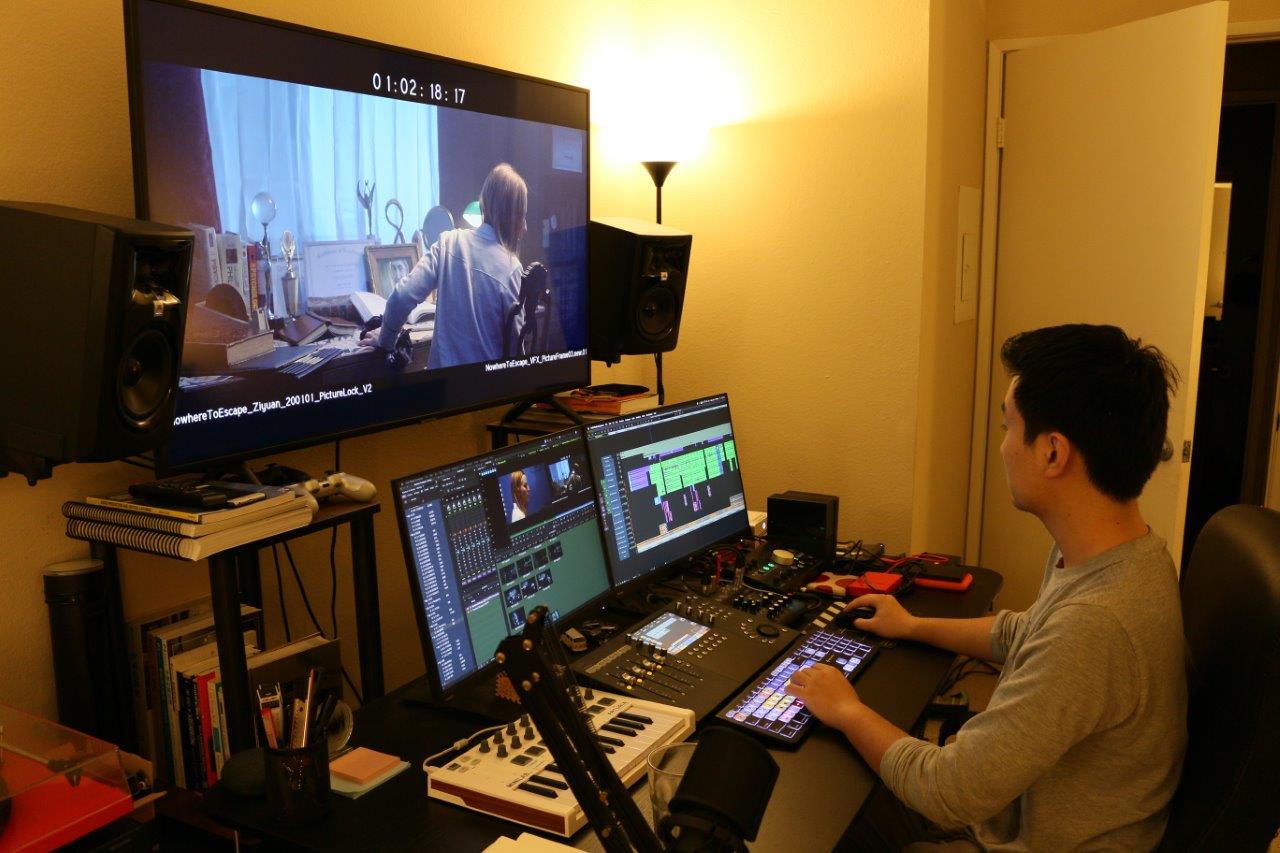
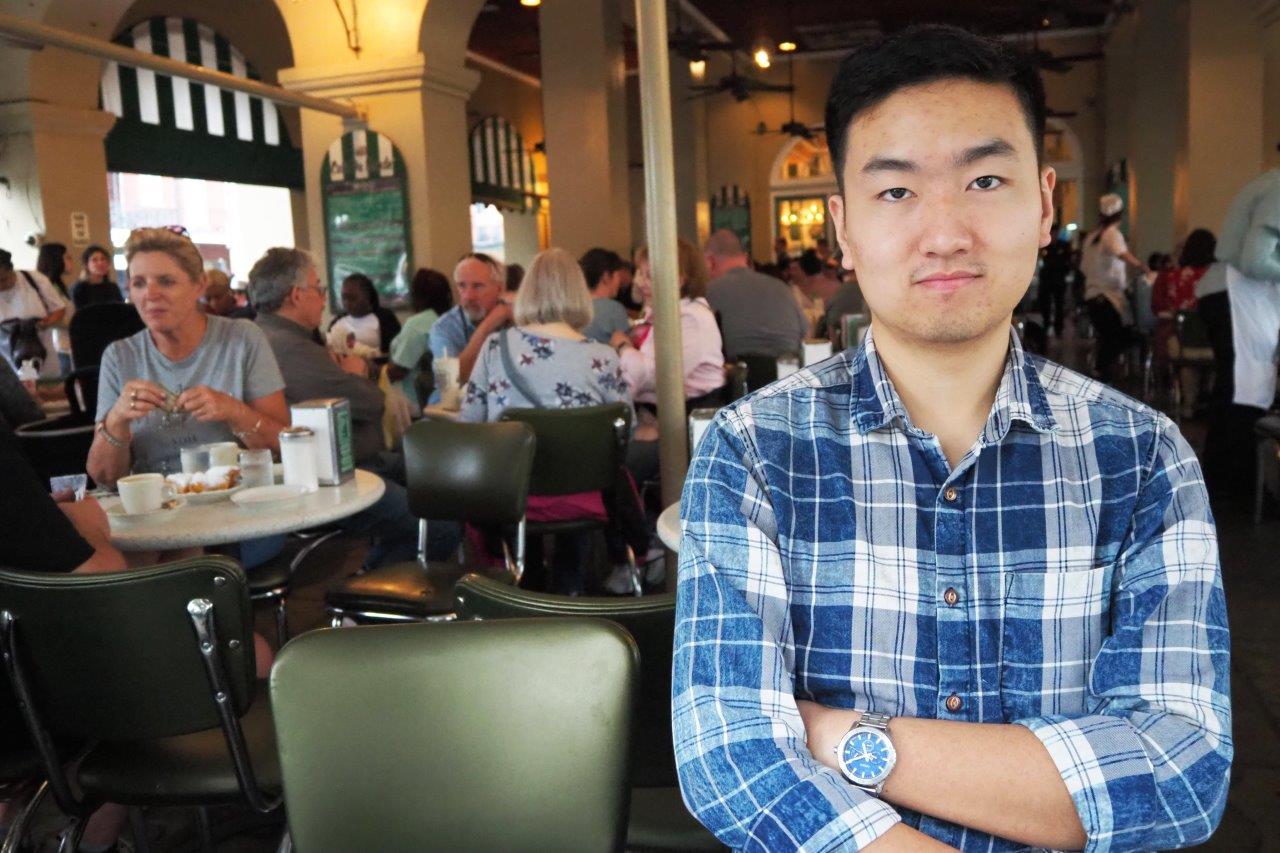

 Image Credits
Image Credits
Jan Li: PersonalPhoto_01 Beth Sun: PersonalPhoto_03 Katharine Russell: WorkingOnSet_01 Hugh Li: WorkingOnSet_02, WorkingOnSet_03 They granted me the right to use the photo listed above. I own the rights to the rest of photos which are not listed. EditingTimeline01, 02, 03 are screenshots of the film I edited in the past.













